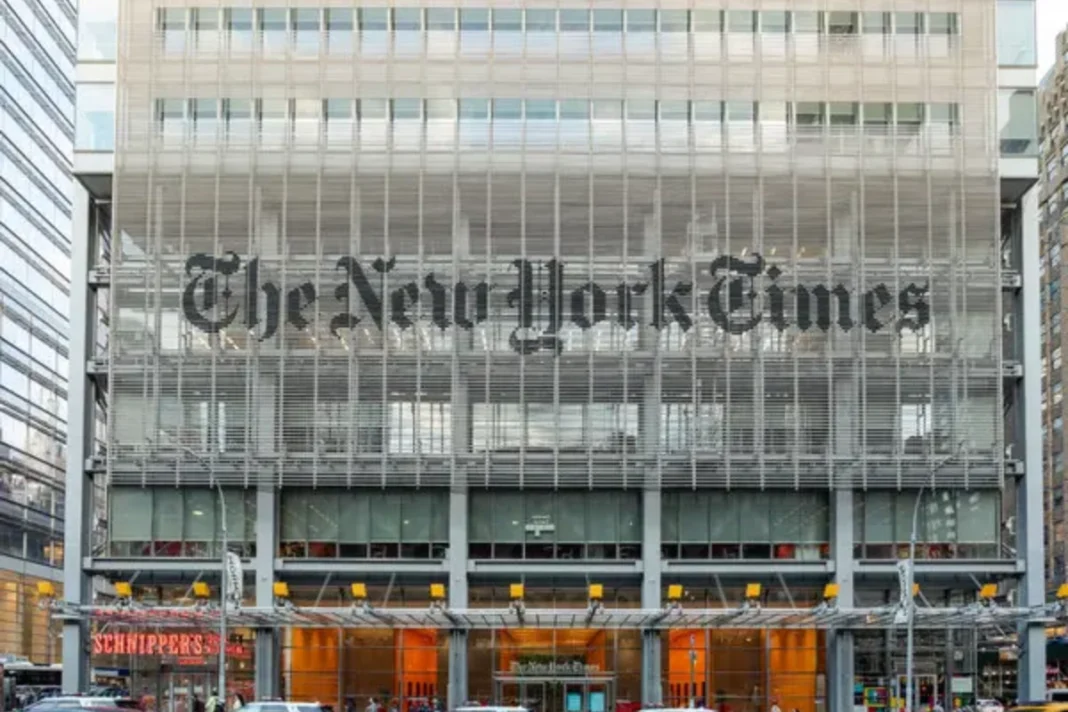New York Times: On Wednesday, the New York Times filed a lawsuit in a US court against Microsoft and OpenAI, the makers of ChatGPT, claiming that the companies’ sophisticated AI models had been illegally trained on millions of articles. Read on to learn more.
New York Times sues Microsoft and OpenAI
Big language models (LLMs), such as ChatGPT, learn by examining vast datasets that are frequently gathered from different online sources. The New York Times claims that “millions” of its stories were used, without permission, to increase ChatGPT’s intelligence. In response to questions about current affairs, the language model allegedly produces “verbatim excerpts” from New York Times stories, competing with the newspaper as a reliable source of information.
DON'T MISS
According to the court document, this method enables users to access New York Times articles without a membership, costing the newspaper money from both ad clicks and subscription income. Another allegation concerns the Bing search engine, which is powered by ChatGPT, purportedly generating results from a website owned by the New York Times without giving due credit, thereby denying the newspaper revenue from referral links.
What did the companies say?
“We respect the rights of content creators and owners and are committed to working with them to ensure they benefit from AI technology and new revenue models,” an OpenAI spokesperson said in a statement. “Our ongoing conversations with the New York Times have been productive and moving forward constructively, so we are surprised and disappointed with this development.” Whereas Microsoft declined to comment.
Content creators have filed numerous lawsuits against OpenAI, claiming that their creations have been misused for AI training.
Keep watching our YouTube Channel ‘DNP INDIA’. Also, please subscribe and follow us on FACEBOOK, INSTAGRAM, and TWITTER.



